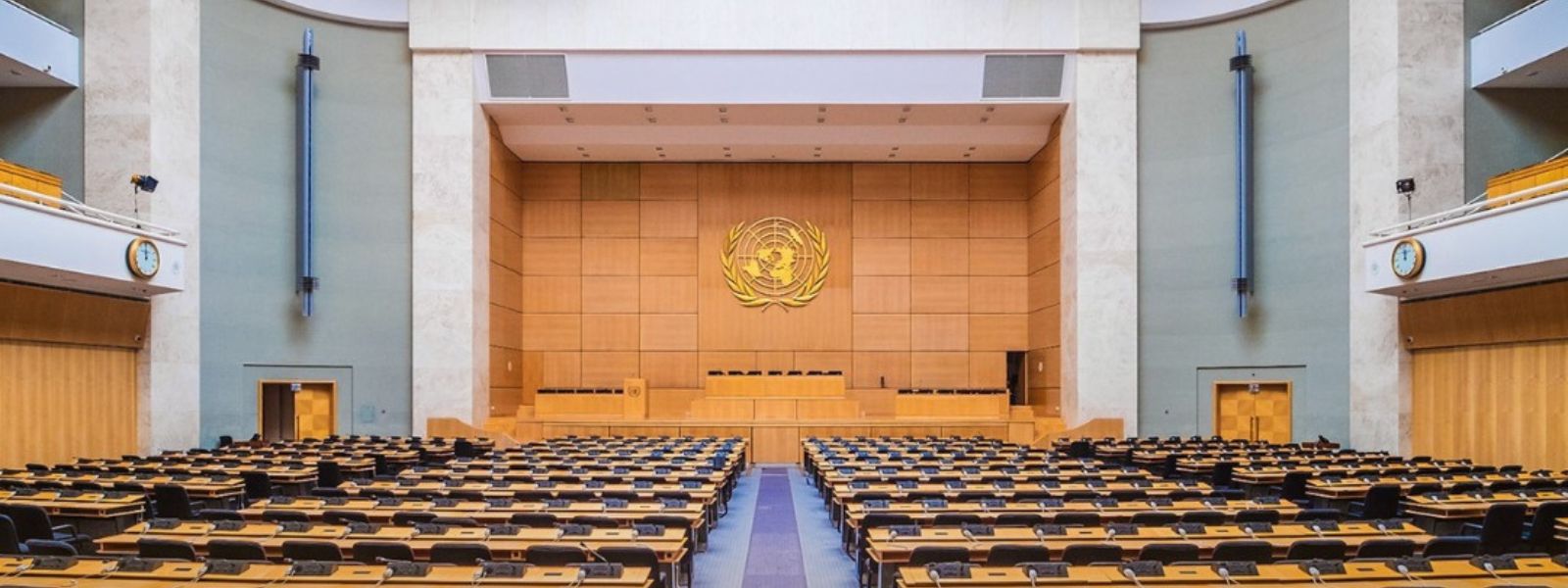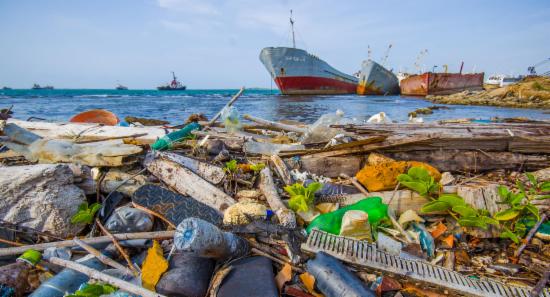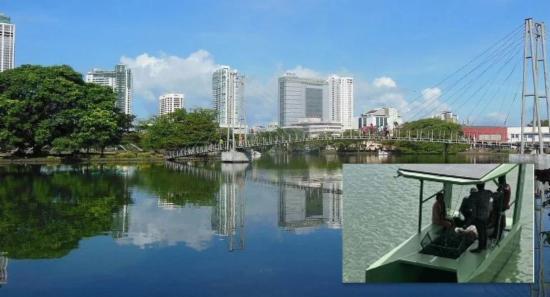.webp)

UNHRC Adopts Key Resolution on Sri Lanka Despite Colombo’s Rejection
COLOMBO (News 1st); The resolution A/HRC/60/L.1/Rev.1 Promoting reconciliation, accountability and human rights in Sri Lanka was adopted without a vote at the United Nations Human Rights Council
During the 41st meeting of the 60th session of the UN Human Rights Council, Sri Lanka rejected the resolution.
What Is The Resolution?
On the 10th of September Sri Lanka Core Group, comprising Canada, Malawi, Montenegro, North Macedonia, and the United Kingdom, tabled a resolution at the 60th Session of the United Nations Human Rights Council (UNHRC), urging Sri Lanka to take concrete steps toward reconciliation, accountability, and the protection of human rights.
On October 1, 2025, a coalition of 30 countries—including Albania, Austria, Canada, Costa Rica, Croatia, Estonia, Germany, Iceland, Ireland, Italy, Latvia, Liechtenstein, Luxembourg, Malawi, Malta, Montenegro, the Kingdom of the Netherlands, New Zealand, North Macedonia, Norway, Portugal, Romania, Slovakia, Slovenia, Spain, Switzerland, and the United Kingdom—jointly presented a revised draft resolution at the United Nations focused on promoting reconciliation, accountability, and human rights in Sri Lanka.
The resolution calls on the Sri Lankan government to fulfill its commitments to devolve political authority, emphasizing that this is essential for national reconciliation and the full enjoyment of human rights by all citizens. It urges the government to respect local governance by facilitating elections for provincial councils and ensuring these councils, particularly those in the northern and eastern regions, operate effectively in line with the thirteenth amendment to Sri Lanka’s Constitution.
Significant attention is drawn to the need for prompt, thorough, and impartial investigations into allegations of human rights violations and serious breaches of international humanitarian law. The resolution underscores the importance of including victims and their representatives fully in these processes and advocates for the prosecution of those responsible where warranted.
The draft also stresses the imperative of creating a safe environment for civil society actors, human rights defenders, journalists, victims, survivors, and their families—especially women—free from harassment and reprisals. It calls for the release of lands still held by the military and state actors, as well as the transparent and non-discriminatory resolution of disputes involving archaeological, religious, and conservation concerns.
The mandate of the Office of the High Commissioner for Human Rights in Sri Lanka is proposed to be extended, with a request for a written update at its sixty-third session and a comprehensive report on progress at the sixty-sixth session, to be followed by an interactive dialogue.
Additionally, the resolution welcomes Sri Lanka’s commitment to repeal the controversial Prevention of Terrorism Act, noting concerns that detentions under the law, disproportionately affecting Tamil and Muslim communities, continue. It urges the government to impose a moratorium on the law’s use, expedite its repeal, and ensure any future anti-terrorism legislation aligns with international human rights standards.
The draft acknowledges the government’s pledge to amend the Online Safety Act, welcoming the formation of a committee tasked with proposing changes. It expresses concern over the Act’s lack of judicial oversight and broadly defined offences, encouraging rapid amendments to protect the rights to freedom of opinion and expression in accordance with international law.
Other Articles
Featured News





.png )
-810514_550x300.jpg)








-810262_550x300.jpg)
-809496_550x300.jpg)



















.gif)